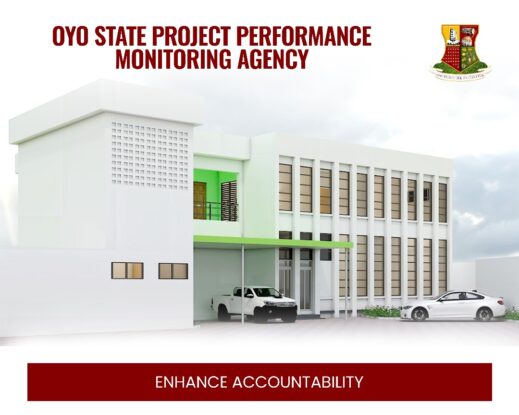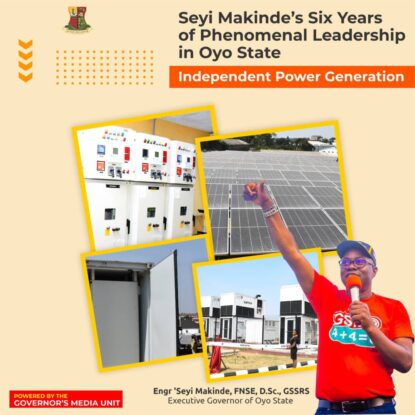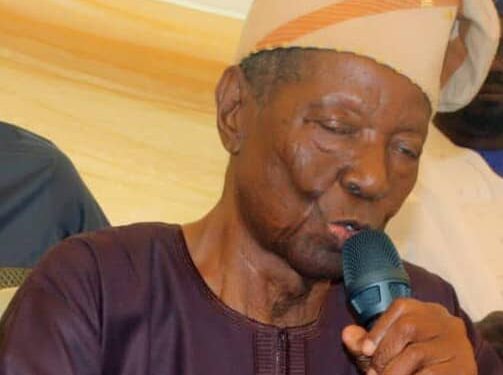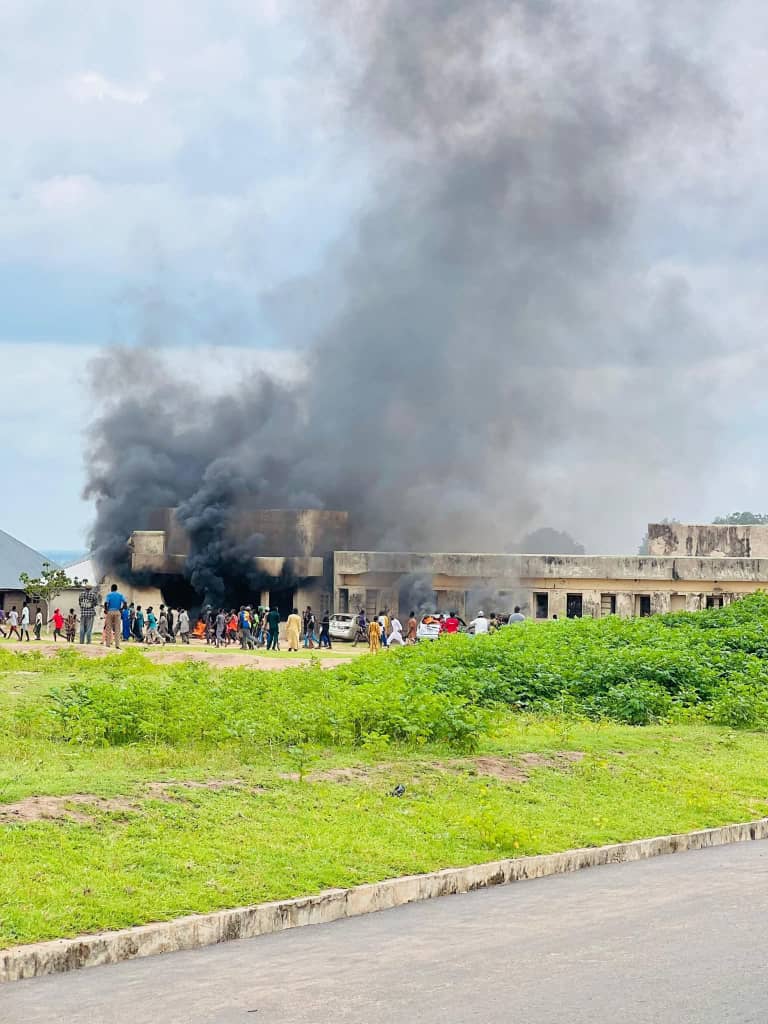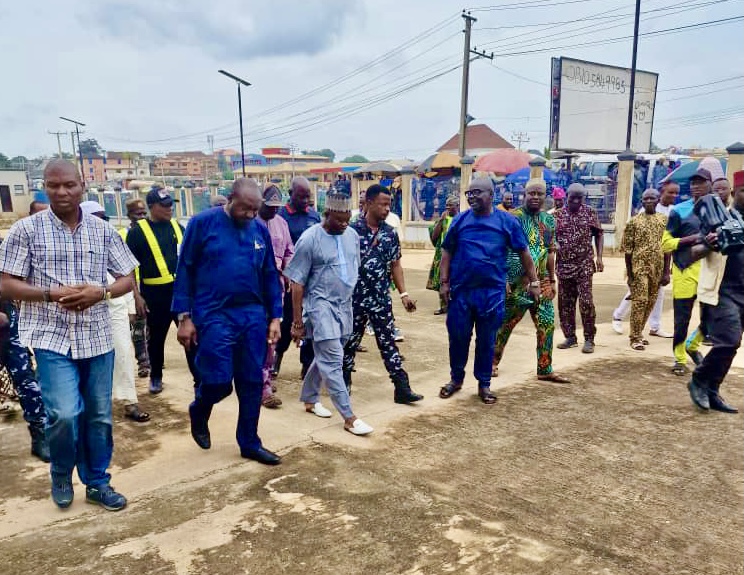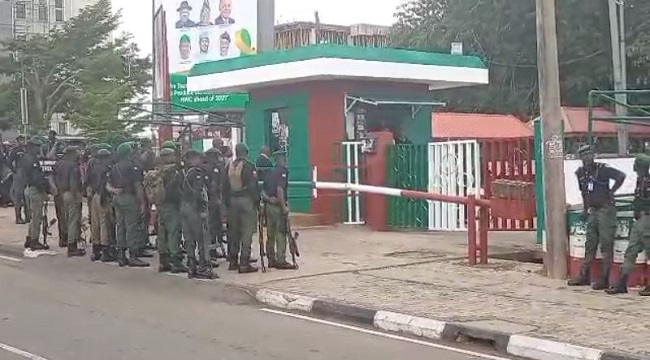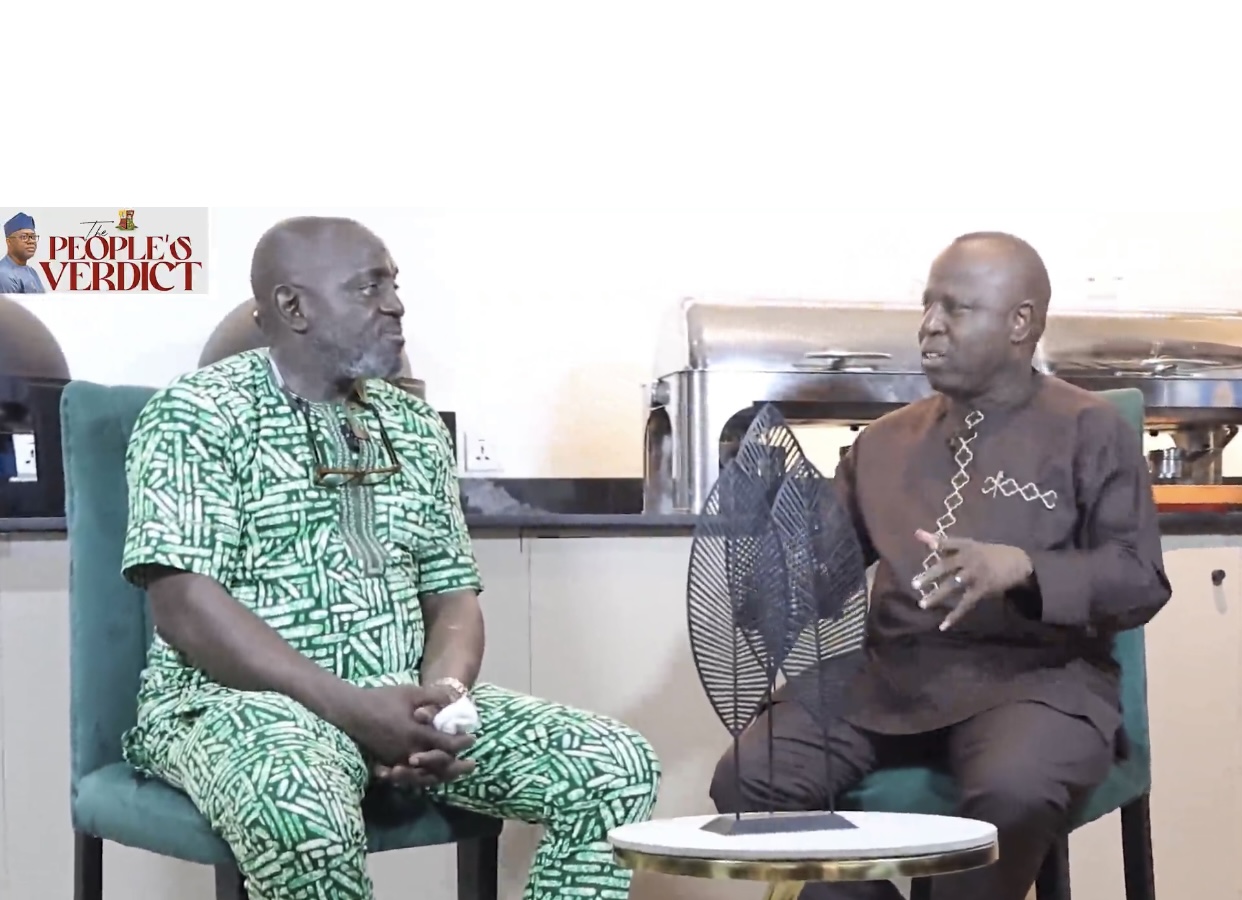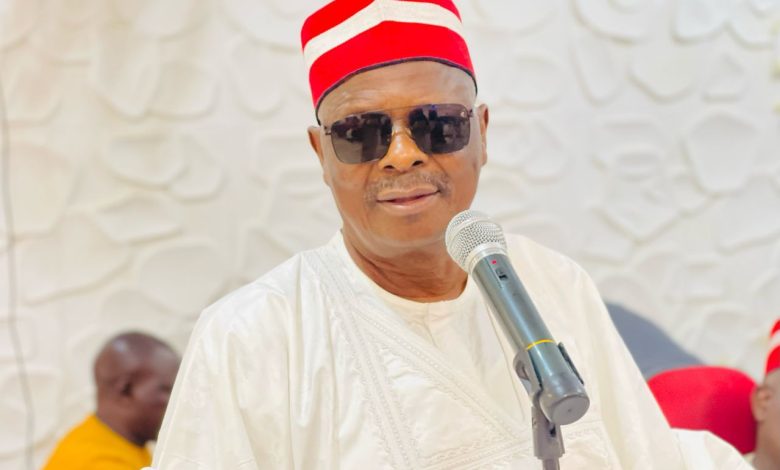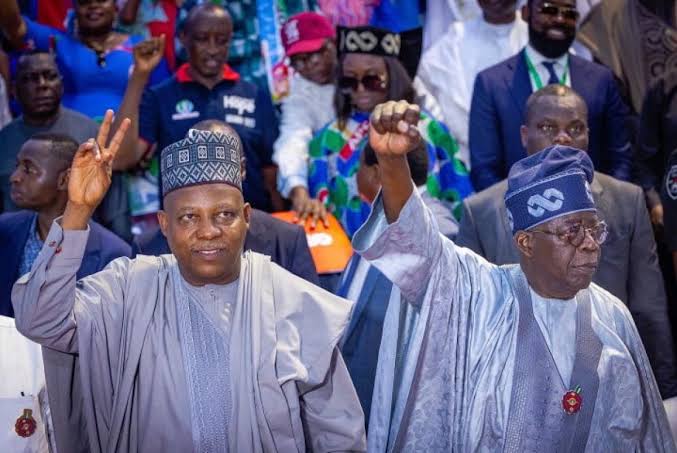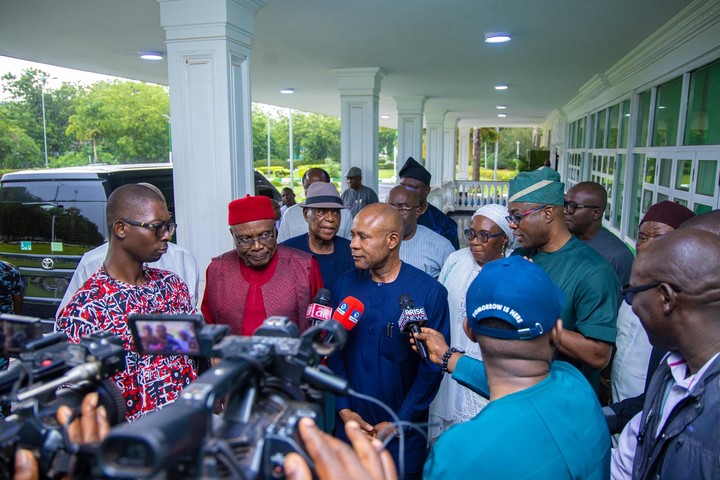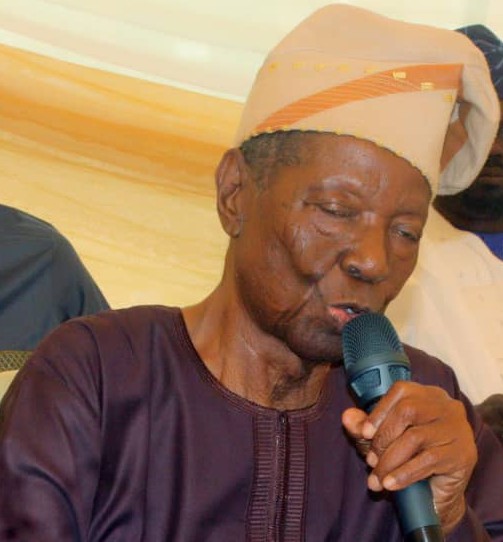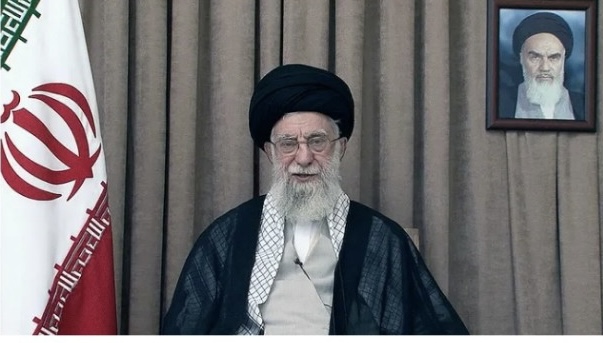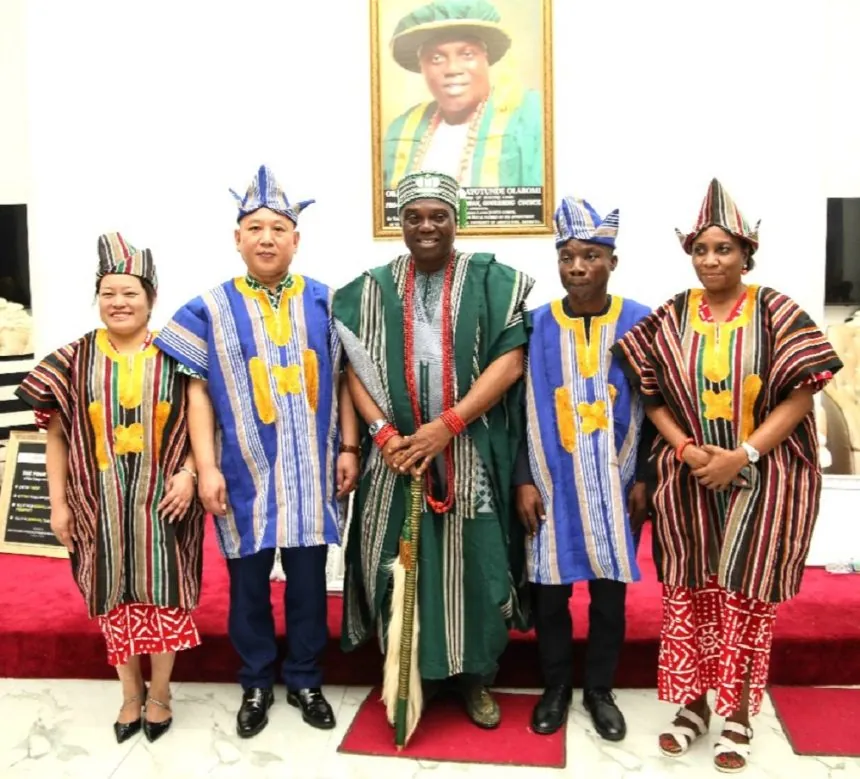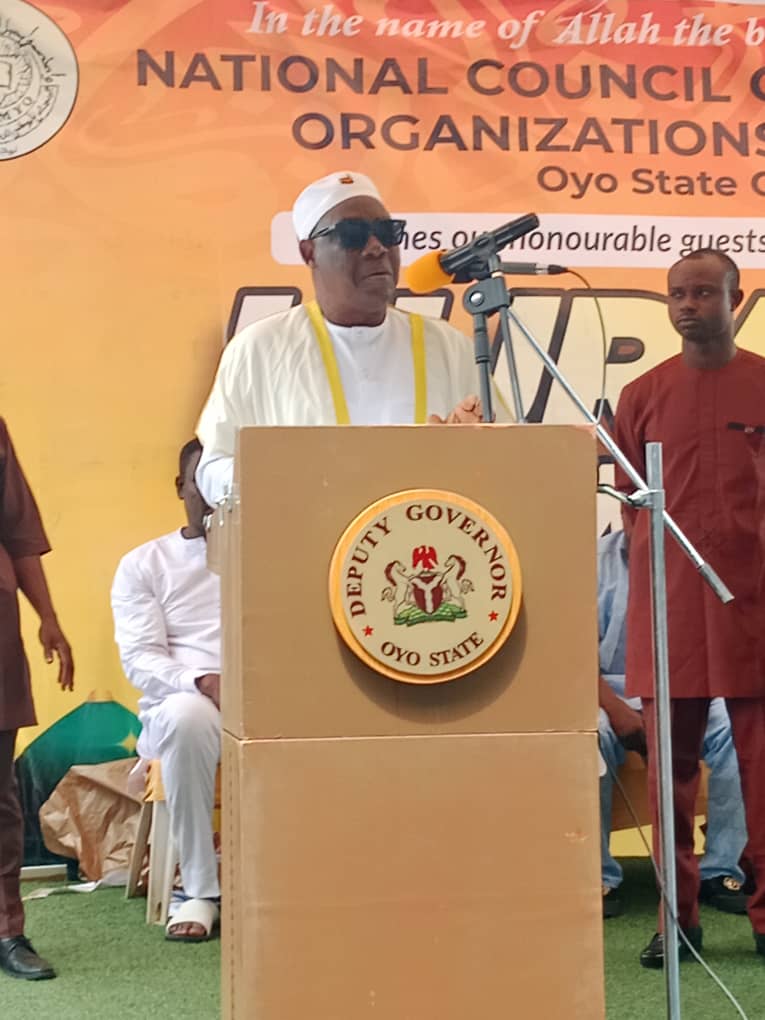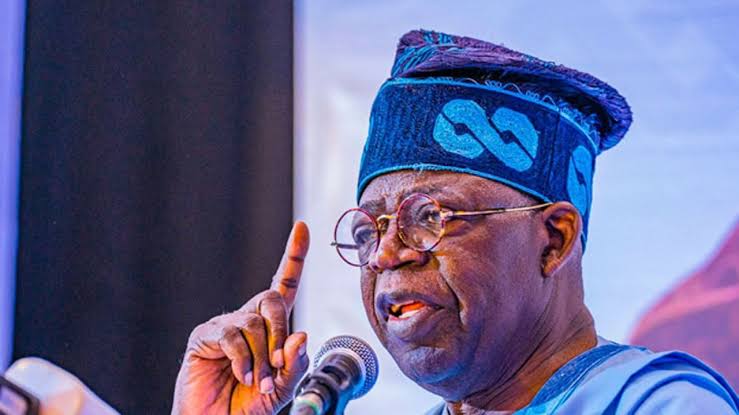How I’m Fighting Corruption – Tinubu
President Bola Tinubu said on Monday that his government is committed to fighting corruption, and one way it is doing that is by implementing mechanisms to prevent it from happening.
Mr Tinubu mentioned the student loan scheme, an increase in the minimum wage, and the removal of petrol subsidies as efforts to prevent corruption.
The president spoke in his first Presidential Media Chat in Lagos.
“Pay them good and living wages,” President Tinubu said, referencing the recent increase in the minimum wage from N35,000 to N70,000.
“To me, that is anti-corruption. If I can add more, giving more money to the states and local governments level, we are addressing corruption directly.”
President Tinubu mentioned that he has been transparent with his earnings by adopting the practice of publishing monthly revenue figures.
Meeting people needs will reduce corruption
President Tinubu defended his controversial removal of the fuel subsidy, describing it as a necessary step to reduce corruption and stabilize the economy.
“Meet the people’s needs, help the people with their education of their children,” President Tinubu said, noting that over 60 per cent of Nigerians are now benefiting from tuition fee allowances through the student loan scheme.
The president argued that fuel subsidies had long enabled smuggling and rent-seeking, with Nigeria inadvertently subsidising fuel consumption in neighbouring countries.
President said that by removing the subsidies, the government has closed loopholes that were draining the nation’s resources.
“The Nigerian economy had remained anaemic for decades because of many misalignments,” he explained.
“We made the painful decision to remove fuel subsidies and abolish multiple foreign exchange systems, which blocked the greed and profits of smugglers and rent-seekers.”
Though President Tinubu said fuel subsidy removal was a necessity, many Nigerians are still grappling with reality of high prices of food, transportation and other goods and services.
Also, labour unions, civil society organisations, and opposition parties have criticised the policy by demanding a reduction in pump prices, a review of electricity tariffs, and stronger action against corruption in the oil sector.
Recall that there were strikes and protests because of frustration over the economic issues caused by the administration policy.
In response to the criticism, President Tinubu said his administration has introduced palliative measures to mitigate the impact of the subsidy removal.
“The society is moving forward by making many gains since its removal through palliative measures,” he said.
EFCC’s recovery of estate
The president also praised the Economic and Financial Crimes Commission (EFCC) for its recovery of an Abuja estate with more than 700 houses acquired with proceeds of corruption.
He said his administration’s resolve to block funds leakages in the public sector.
“Block all loopholes where anybody can just get what they want,” he said.

